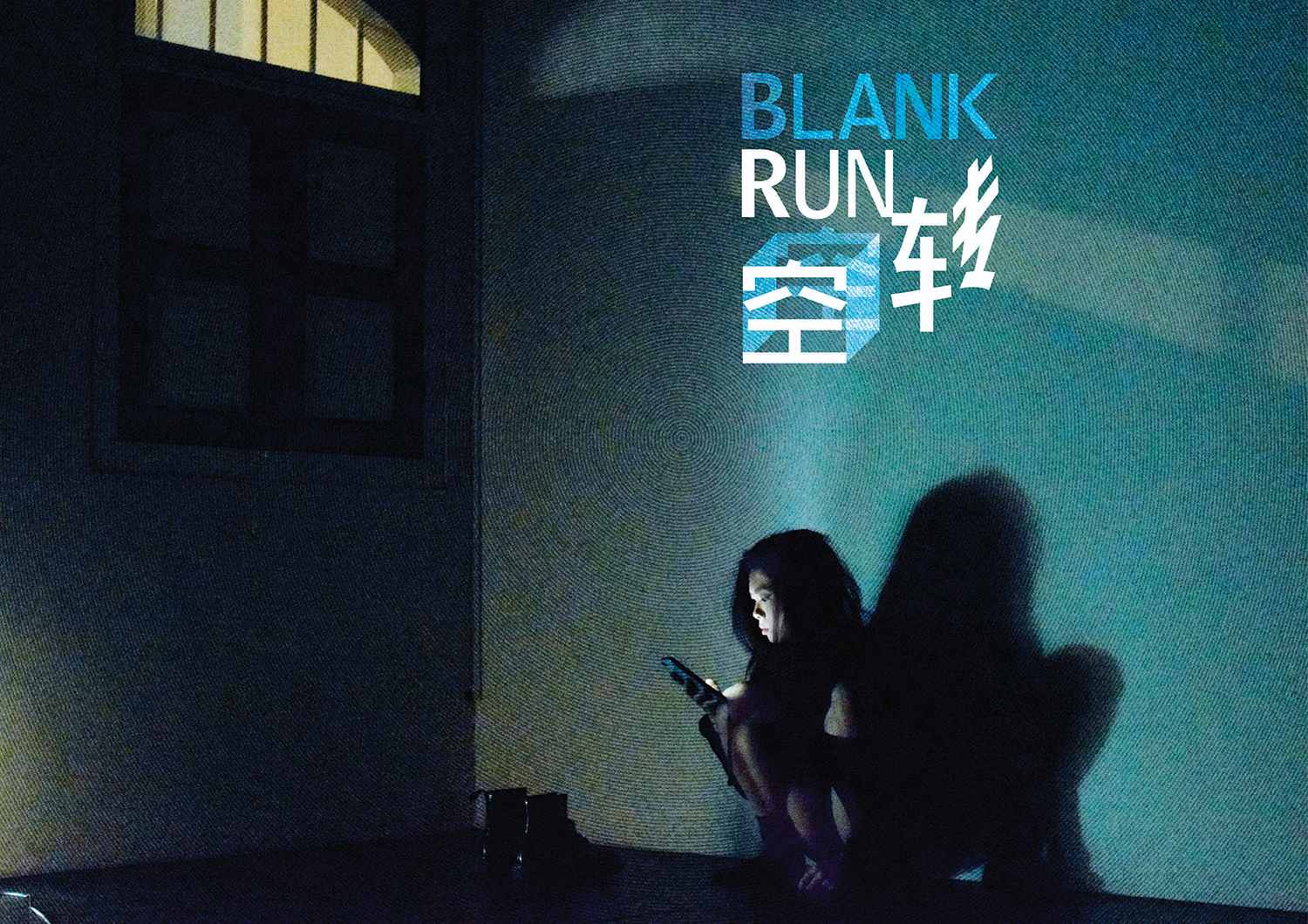By Mandy Chng, AWARE volunteer
 Can one reconstruct a clear and authentic memory of a traumatic event?
Can one reconstruct a clear and authentic memory of a traumatic event?
Pursuing an answer to this led Theatre Practice to create Blank Run, a raw and immersive portrayal of the aftermath of sexual assault, which explores the impact of trauma on memory. Hundreds of people attended the multidisciplinary theatrical performance on 17 to 20 August, as part of the M1 Chinese Theatre Festival.
The erratic and unstable nature of traumatic memories was viscerally depicted through the play’s use of video projection, movement theatre and soundscape. As director Kuo Jian Hong explained, each of these elements had its own narrative. They were pieces of a jigsaw puzzle, alluding to the fragments of the character’s memories, which she struggled to piece together to make sense of her experience.
On the opening night, the post-show panel consisted of Gloria Ang, the actress of Blank Run, and Anisha Joseph, manager of AWARE’s Sexual Assault Care Centre.
“Trauma impacts survivors differently. There’s not one specific way survivors react to sexual assault. When a traumatic incident happens, people’s immediate response can be fight, flight or, what most people forget, freeze,” said Anisha. “Without understanding that a survivor can react in different ways, questions like ‘why didn’t you fight or run or scream for help?’ adds on to their confusion and guilt. This could cause survivors to blame themselves which creates a barrier in seeking help.”
Anisha also pointed out that after the incident survivors can react in different ways – some might be completely numb or detached, while others might be completely devastated or hysterical. All reactions are valid and no two people respond to sexual assault in the same way.
Survivors often grapple with their own memories of the incident; they may lose clarity and struggle to recount the details coherently or chronologically. “If we fail to understand this, we may mistakenly perceive the discrepancies in their accounts as lies,” Anisha explained.
“Survivors can’t always remember the exact colour of the sheets or the position and so on,” said Gloria, who worked on the story concept in addition to performing. “Anything can trigger an onslaught of memories – it could be a smell, a sound, or a taste. Many things can be a trigger, which is why we created this piece of work with the concept of many threads of storytelling.”
The session concluded with what the general public can do to support someone who has gone through sexual assault. Anisha stressed that it is important to reassure survivors with a simple ‘It wasn’t your fault’, offer counselling resources or accompany them should they wish to make a report or seek medical help.
She also emphasised, “Any response to trauma is a very normal response to a very abnormal event.” Survivors often worry that the people they confide in will react with disbelief, judgment or discouraging comments. This prevents many of them from seeking help. It is crucial that we all understand how our words and actions have an impact on their psychological well-being and experience of overcoming a traumatic event.
If you or someone you know has experienced any form of sexual assault or harassment, you can reach out to SACC through the helpline (6779 0282) or email sacc@aware.org.sg.

